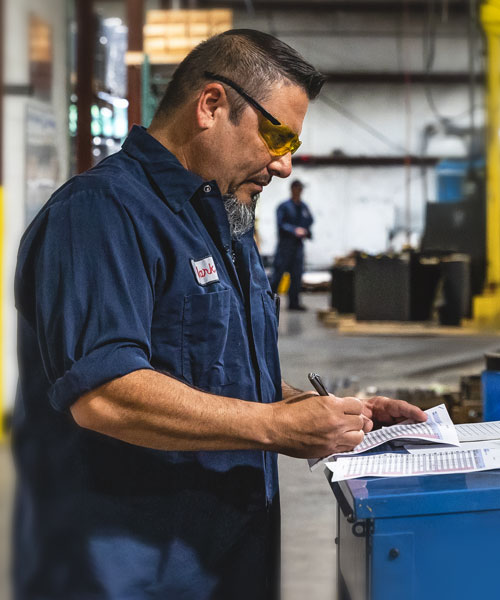Effective maintenance and service are crucial for optimizing the performance, longevity, and safety of lead-acid batteries.
Regular Inspection
Regular inspections should be conducted to check for physical damage, corrosion on terminals, and the condition of the battery case.
Cleaning
Cleaning involves neutralizing acid corrosion on terminals with a baking soda solution and wiping down the case to remove dirt.
Electrolyte Level Check
It’s essential to monitor and maintain electrolyte levels in flooded batteries, topping up with distilled water as needed.
Charging Maintenance
Charging routines should prevent deep discharges, with regular and equalization charging to balance cell charges.

Battery Testing
Battery testing includes load tests, voltage measurements with a multimeter, and, for flooded types, checking electrolyte specific gravity.
Temperature Management
Temperature should be controlled, and proper ventilation provided to avoid overheating.
Safety Precautions
Safety measures include using personal protective equipment, having spill containment resources ready, and keeping suitable fire extinguishers at hand.
Battery Storage
Batteries should be stored in a cool, dry place, charged, and rotated to use older ones first.
End-of-Life Management
At the end of their life, batteries should be recycled properly and replaced if they show significant wear or fail to hold a charge.
Professional Services
Engaging with professional services for periodic maintenance, diagnostics, and reconditioning can further enhance battery life and performance. These comprehensive practices ensure that lead-acid batteries remain dependable and efficient throughout their service life.



